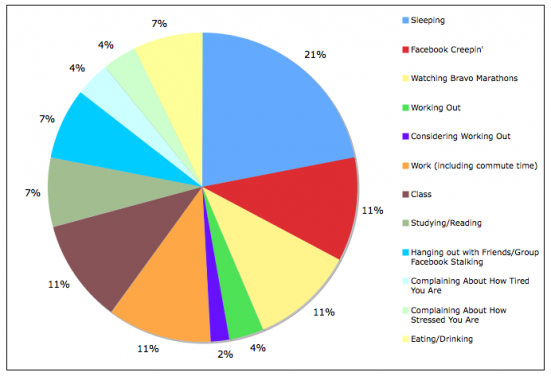
- •Unit 1 “Student’s life” Topic 1 “University studies”
- •Vocabulary
- •International Institute of Distance Education
- •Text 3. Read and translate into Russian The Profile of the Distant Student.
- •Tutorial System
- •Cyberstudy – learning English
- •How to pass exams
- •Don’t count on good luck!!! rely upon your knowledge!!!
- •Topic 2. “Introducing yourself”
Cyberstudy – learning English
“The virtual language school – not language travel – is now the best way to learn English”
In my opinion, studying English in countries where it is the first language will always be the ideal. When you choose a language course, you have to take into account a lot of factors.
Firstly there is cost. We spend much money and time to get to language courses. More and more people have turned to virtual internet schools which are accessible from a computer anywhere in the world at any time of the day. In addition virtual schools now employ native-speakers who offer online pronunciation.
Secondly there is the place where you learn. In general, a ‘real’ classroom with real people will always generate more communication than a computer screen and keyboard ever could. A virtual school can never provide those important extras such as study center or close contact with an English-speaking homestay family. In consequence a virtual school will never replace the real thing.
Virtual schools are a useful alternative to, but not a replacement for, traditional English language courses in English-speaking countries. For those who have no time and money to travel, they are a wonderful choice.
Ex. 1. Find English equivalents to the following Russian words:
Носители языка - ………………..; виртуальная школа - ………………………;
принимать
во внимание - …………………....; доступный
- ………………….;
замена традиционных курсов - ……………………; произношение онлайн - …………………. .
Text 6. In this pie chart a typical weekday in the life of a full-time university student in Chicago is described.
A full-time student comments on the figures in the chart.
Sleeping – 6 hours. Too busy to sleep longer. Facebook Creepin’ – 3 hours. Sad but true. Hanging Out With Friends (Facebook Creepin’, café, party) – 2 hours Watching Bravo Marathons – 3 hours Considering Working Out – 1 hour. It takes a long time and a lot of internal debate to determine whether your afternoon free time would be better spent on a treadmill or on a couch with Facebook and The Real Housewives. Working Out – 30 minutes. Because that’s all the time you have left after brooding about it for an hour. Work (including commute time) – 3 hours. Typically, students with jobs work more than 3 hours a day. But, since they don’t work every day, this number is more of a weekly average. Homework time can and do overlap here. Class – 3 hours. Yes, you know.. That thing we’re all here for… an education. Class should take up a good portion of a student’s day. That is, if they actually go. Studying/Reading – 2 hours. On a good day. Complaining About How Tired You Are – 1 hour. “I am so tired, you don’t even understand!” Complaining About How Stressed You Are – 1 hour. “I am s o stressed, you don’t even understand!” Eating/Drinking – 2 hours. Students have meals with friends in the cafeteria.
Write a short story about a typical day of a student’s life in Chicago. If you have a friend or a relative who is a full-time student, write another story about a typical day of a student’s life in Belarus.
Text 6. Read the text.
VOCABULARY сongratulations - поздравления advantages and disadvantages - преимущества и недостатки actually - фактически, на самом деле, действительно tips entry – level job перспективная работа (entry-level position начальная должность/ работа (должность, на которую назначаются новые работники, не обладающие большим опытом и квалификацией, т. е. первая должность при поступлении на работу) tips – советы weighty - веский, важный beforehand - заранее, заблаговременно
